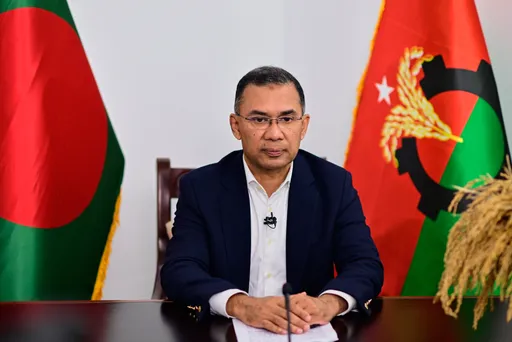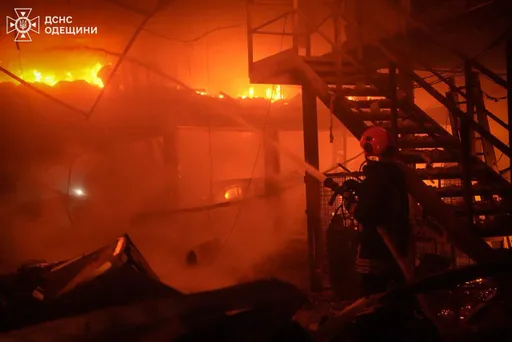Before we cheer about the “historic” oil deal, which entails coordinated production cuts to bolster prices, let's look at how this all came about.
Over the weekend, US President Donald Trump tweeted that an agreement with Saudi Arabia and Russia had been reached. The price rise is expected to have a far reaching impact on America’s oil-producing states and privately-owned oil companies.
“The big Oil Deal with OPEC Plus is done,” he tweeted.
Saudi Arabia, the leading members of the Organisation of Petroleum Exporting Countries (OPEC) cartel and Russia, which is the world's second largest oil producer, have agreed to take 9.7 million barrels per day (bpd) of oil off the market immediately.
Oil producers will keep the lids on additional supplies. A 9.7 million bdp reduction means that around 13 percent of the world’s oil supply has been slashed.
The crisis for the oil industry started last month when Riyadh said it was flooding the market with additional supplies. That was an unusual move since major producers were trying to come up with ways to support the price and not crash it - more supply than demand meant a subdued price.
It is believed Russia wasn’t agreeing to production cuts because it wanted to hurt US shale oil companies, which have a higher production cost and as a result need a higher price to remain sustainable.
But the move backfired for everyone. It coincided with the spread of the coronavirus pandemic, which has created fears that the world economy is facing a slowdown not seen since the 1930s.
Trump might be right in saying that he has saved a few thousand jobs in the US oil industry, but more than anything he has tried to rescue powerful shareholders and special interest groups.
On Saturday, thirteen US senators representing oil-producing states such as Texas and Alaska had warned Saudi Arabia that the situation could have a fallout on Washington’s relations with the kingdom.
Low oil prices over a longer duration can be a disaster for small oil-dependent economies such as Nigeria and Algeria, which rely heavily on hydrocarbons to finance their budgets.
But oil market analysts are unsure if production cuts can support the price considering the slump in demand amid lockdowns in so many countries. Oil prices have come down by half since January and Sunday’s deal hasn’t done much to increase it.
A lot more needed
While Trump, as arguably the world’s most powerful leader, can claim he had brought Saudi Arabia and Russia on the same page, governments haven’t been able to agree on far greater challenges confronting the world.
“The inability of national governments to come together even at such a critical time to forge a common front against the pandemic highlights a dangerous fracturing of international cooperation,” Eswar Prasad, a leading economics professor, said.
“This is further damaging business and consumer confidence, which are already in free fall.”
Unlike the financial crisis a decade back when emerging markets such as China and India were able to push the global economy forward, no country seems to be immune now “eliminating the option of an export-driven recovery,” he said.
The G20 is finally deliberating on a debt relief package for the poorest countries, but exact details have yet to be finalised while the situation is getting dire.
In Europe, the divide between economically weak southern states such as Italy and Spain and the more prosperous Germany and Netherlands have once again cast doubt over the future of European Union.
Here again, the leadership has been bickering over who picks up the tab for economic recovery as the number of dead from Covid-19 continues to pile up.
Emerging markets are in a fix over the departure of investments from their bonds and stock. In a matter of weeks, more than $96 billion have been withdrawn, according to the Institute of International Finance.
An absence of a coordinated approach on how to finance the immediate requirements of poor and developing countries could have a drastic impact on hundreds of million of people.
The rich countries can afford mass quarantines, which involve closing businesses ranging for factories to malls. However, developing economies where a large number of people are employed in the informal sector such an option comes at the cost of taking livelihoods from the most vulnerable sections of society.























